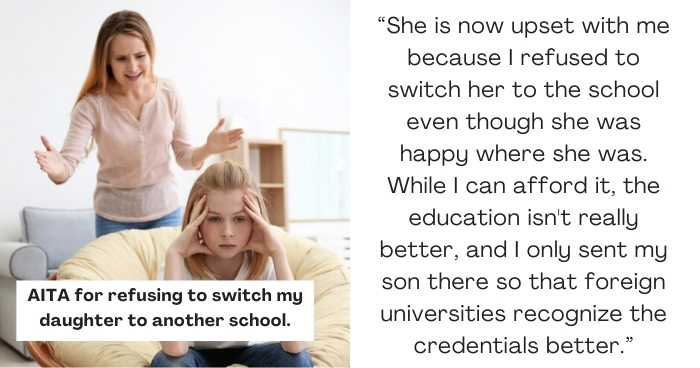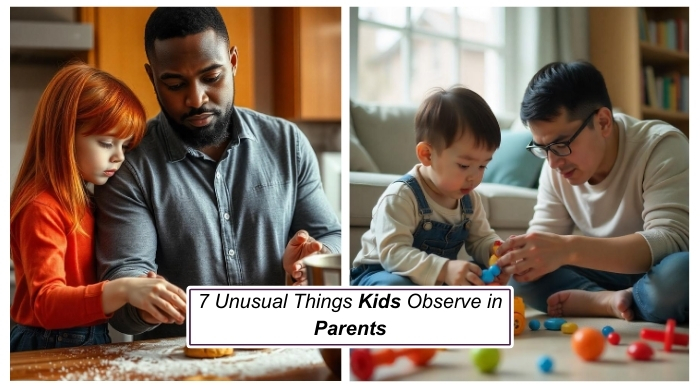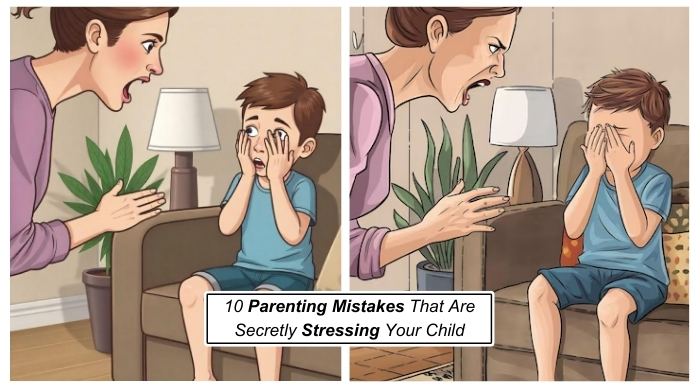Am I Wrong for Refusing to Transfer My Daughter Over Value Concerns?

The crux of your situation lies in a conflict over perceived fairness and opportunities between your two children. Your daughter, now 15, initially expressed contentment with her all-girls school and did not want to transfer when her brother switched to an elite private school. However, as she observed the benefits of his school—particularly its international curriculum and resources—she grew envious and requested a transfer. While you can afford to send her to the same school, you’ve refused, citing her initial disinterest, the different environment, and concerns about her fitting in or being influenced negatively. You’re now wondering if this decision makes you an asshole for seemingly treating your children unequally.
Read for more info Reddit

Image credits: khosrork (not the actual photo)


Perceived favoritism among siblings is a common source of family tension. Studies show that children value fairness in how parents allocate resources, even if their needs differ (Sheehan, 2019). While you had practical reasons for sending your son to the elite school, your daughter might see this as preferential treatment, especially since she now wants the same opportunity. Her jealousy could stem from feeling undervalued rather than from the initial decision itself.


Image credits: George Pak (not the actual photo)

Your daughter’s desire to switch schools might indicate a growing awareness of her academic ambitions. Adolescents often reassess priorities as they mature, and her interest in advanced science textbooks suggests she sees the elite school as a stepping stone for her future. Ignoring this shift could potentially hinder her motivation or strain your relationship.


Image credits: peoplecreations (not the actual photo)

Your concerns about the school’s co-ed, multicultural environment are valid but could be overgeneralizations. Research on mixed environments shows they can foster adaptability and cultural intelligence, which are increasingly valuable in globalized careers (Livermore, 2015). Conversely, exposure to vastly different socio-economic groups might challenge her values, but this risk can be mitigated with open communication and strong familial support.


While you’re not legally obligated to provide identical schooling to your children, fairness is an ethical concern. Legal cases about educational equity often focus on the necessity of accommodating individual children’s needs. If your daughter genuinely sees this school as key to her goals, denying her might be perceived as withholding an opportunity rather than upholding fairness.
Here’s what top commenters had to say about this one:
BananaMilkshakeButt said:







Kaynico said:



discoduck007 said:




CoverCharacter8179 said:

New_Ingenuity_4661 said:

eowynsheiress said:

LoveBeach8 said:

qtcyclone said:

ALL IN ALL!
Your reasoning—that her education is adequate and her current school aligns with her moral and social needs—has merit. However, your daughter’s shifting perspective suggests she values this opportunity now more than before. Balancing individual needs with fairness is challenging, but dismissing her request outright could foster resentment. Perhaps revisiting the discussion and exploring her specific academic goals could lead to a compromise, like supplemental programs or a trial period at the other school.
While you’re not necessarily the asshole, being inflexible might escalate the conflict unnecessarily. Fairness doesn’t always mean equality, but ensuring your daughter feels her aspirations are valued is key to resolving this issue positively.





